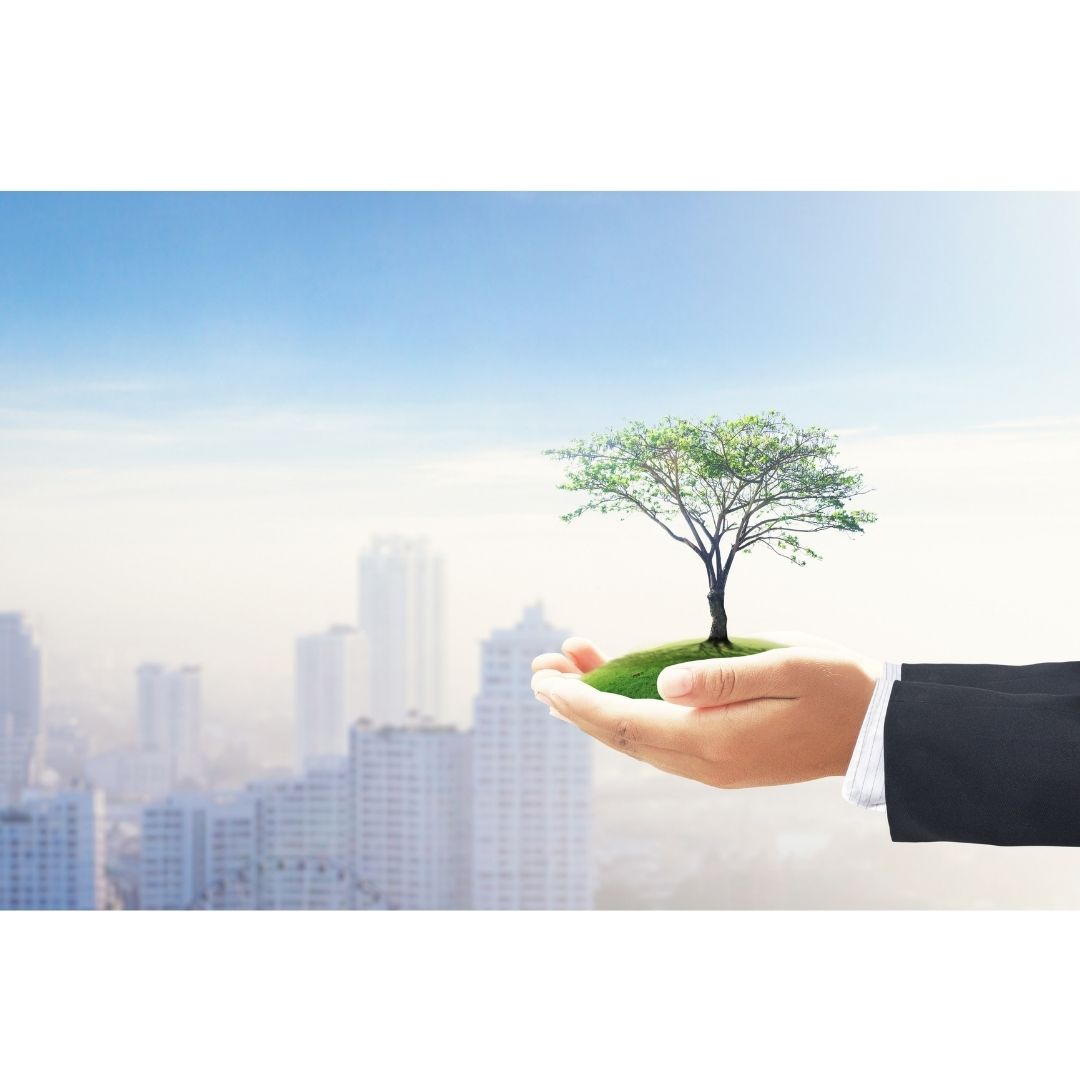To put into context what it means to be a 25-year-strong socially responsible company, it’s important to note that when I founded Teak Media + Communication in 1997, socially responsible business was not yet a thing.
Ben and Jerry were a year away from publishing their revolutionary book, Double Dip: How to Run a Values-Led Business and Make Money Too. Whole Foods was still a glimmer in John Mackey’s eye. There was no Conscious Capitalism. The B Corp movement was to come nine years in the future. The idea that a business could have values of its own was mostly unheard of. People thought, and would say, that a company had to do well, before it could do good.
The socially responsible companies that did exist, Greystone Bakery, which hired (and still hires) those who were formerly incarcerated or had substance issues, and Patagonia, known for its gear that is gentle for the planet and employee surfing when the tide is up, were among the lone leaders of a burgeoning movement.
And then there was Teak Media, a PR firm that promoted nonprofit organizations and socially responsible companies. The idea of representing only nonprofits was less of a planned strategy and more of an idea I stumbled upon. I had been gifted the opportunity to promote the Jimmy Fund’s Scooper Bowl (the all-you-can-eat ice cream fundraiser) and fell in love with the feeling that came with promoting organizations that were helping people. I wanted to enable more organizations to get media recognition so they could raise money and serve more people. Representing only nonprofits became a simple decision, made from the heart; no math was involved. As long as the bills got paid, profits were beside the point.
It was like that for years. The clients always came first. Their work was critical. Teak existed to serve their missions (climate change, poverty, food insecurity, social justice, education, healthcare, etc.) and the people they helped. In my desire to serve mission-driven organizations, my own company’s needs came second. That meant we worked hard and lived lean. Our hearts were in the right place, but was this sustainable? Even as an idealist, I sensed there was a better way.
In 2013, Teak was certified as a B Corp, which is a designation for companies that have a triple bottom line; they exist to serve people and the planet and earn a profit. The next year, we were turned on to the national Conscious Capitalism movement, which I lovingly refer to as “Buddhism in Business.” There I learned how the big companies, in the Business as a Force for Good Movement, were making it work. Companies far larger than mine had figured out how to do well and do good at the same time. I had found my people.
Still working only with sustainable companies and nonprofits, Teak shifted the way it worked and started tracking time against budgets, while continuing to give clients our maximum effort. We created boundaries that were good for both Teak and the clients. Clients were, and still are, well-served, but parameters were set. Teak remains transparent with clients. They know what they are paying for, and they are delighted when the results they receive exceed their expectations. This occurs often.
Attending B Corp and Conscious Capitalism meetings and conferences was like group therapy for this hippy entrepreneur. They kept me learning and on track to be accountable to Teak and its employees, while also delivering great results for clients. In order for employees to be happy at work, they have to know that the company has their best interests at heart. In earnest. When employees are fulfilled at work, they work harder, they are committed to the company and its clients, and everyone thrives as a result.
Conscious Capitalism is all about the stakeholder movement. The four principles revolve around higher purpose, stakeholder orientation, conscious leadership, and conscious culture. I can confidently say that at Teak we work at each of these tenets every day.
Over these past years, so much has changed in terms of how people perceive business. When Teak started, the primary objective of business was to make money. At that time, government and nonprofits were in the business of fixing people and the planet. Now the opposite is true.
According to the Edelman Trust Barometer, in 2022 businesses are trusted more than government and societal leadership is a core principle of business. Last week, former Secretary of State John Kerry said that capitalism will solve climate change. These are welcomed and exciting changes. Business must be at the core of the fix if the planet is to live, and if people are to thrive. There just isn’t another solution.
After 25 years in business, it’s extremely validating to see that a good idea I had decades ago is on its way to being the norm. File under beginner’s luck.


